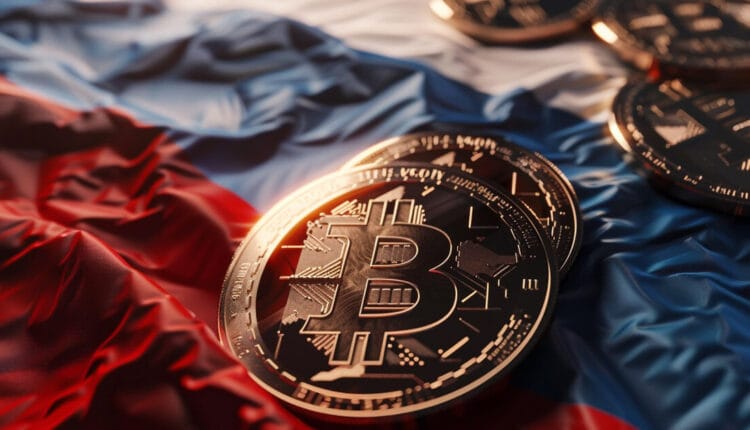

Sergey Bezdelov, Director of Russia’s Industrial Mining Association, revealed that around 54,000 BTC, more than $3 billion, were mined in Russia last year, according to local news outlet Izvestia.
This mining activity reportedly generated about 50 billion rubles ($556 million) in taxes for the Russian government.
Bezdelov believes the recent legalization of crypto mining will boost investor interest and further increase tax revenue. In July, Russia’s State Duma passed a bill legalizing Bitcoin mining and allowing crypto use in international trade. This move established crypto mining as a legitimate economic activity, requiring legal entities to register or comply with specific energy consumption limits.
Meanwhile, market observers noted that the mining legalization was part of a broader shift geared towards expanding Russia’s crypto operations in light of the Western economic sanctions. Over the past month, the Vladimir Putin-led government has made several advances toward utilizing the emerging industry to bypass these sanctions.
Sanction evasion tactics
Blockchain analytics firm Chainalysis raised concerns that Russia could use local crypto exchanges, like Garantex and Exved, to evade sanctions.
According to the firm, the sanctioned Garantex exchange has processed nearly $100 billion in transactions since 2018 and has deep liquidity across major blockchains that could help Russia maintain cross-border trade.
Chainalysis stated:
“Garantex is a central player in Russia’s crypto market and likely to remain instrumental despite its designation by the Office of Foreign Assets Control (OFAC) and Office of Financial Sanctions Implementation (OFSI) in the U.S. and UK, respectively.”
The firm also flagged Exved as another crypto exchange Russia could utilize for its sanctions evasion efforts.
Chainalysis pointed out that Exved has a history with the InDeFi Bank and was co-founded by Garantex’s Sergey Mendeleev and former KGB officer Alexander Lebedev. Further, the exchange has allegedly facilitated imports and exports, even before Russia’s recent legislative shifts regarding digital assets.
